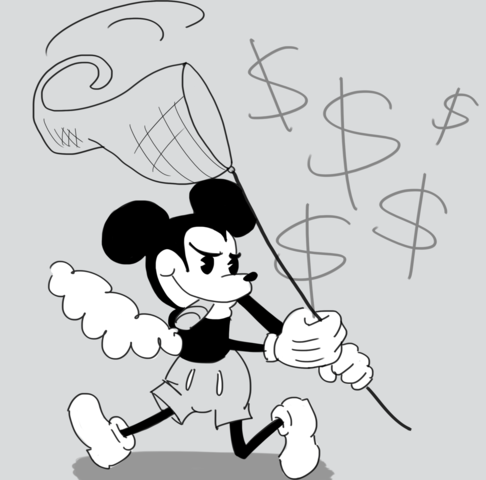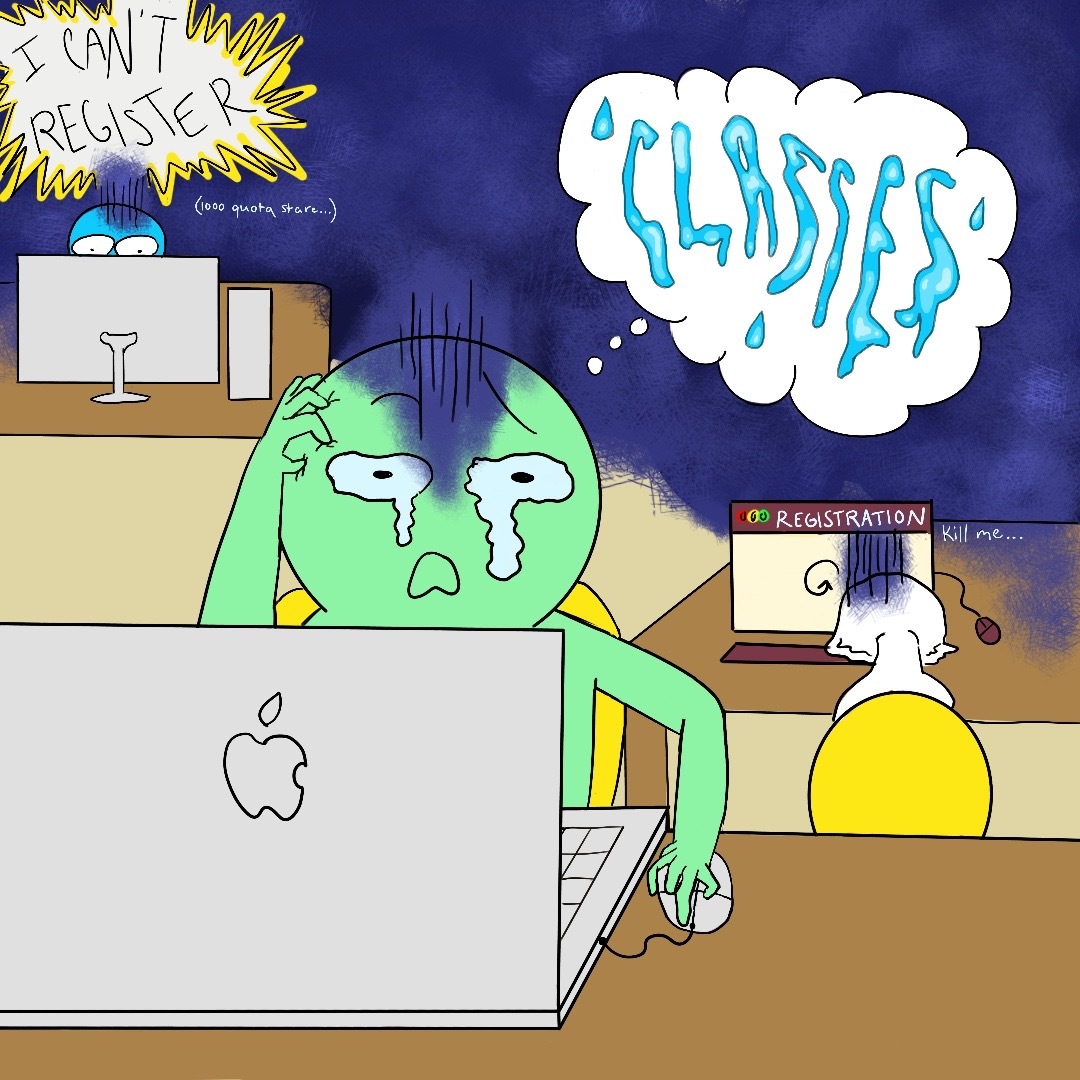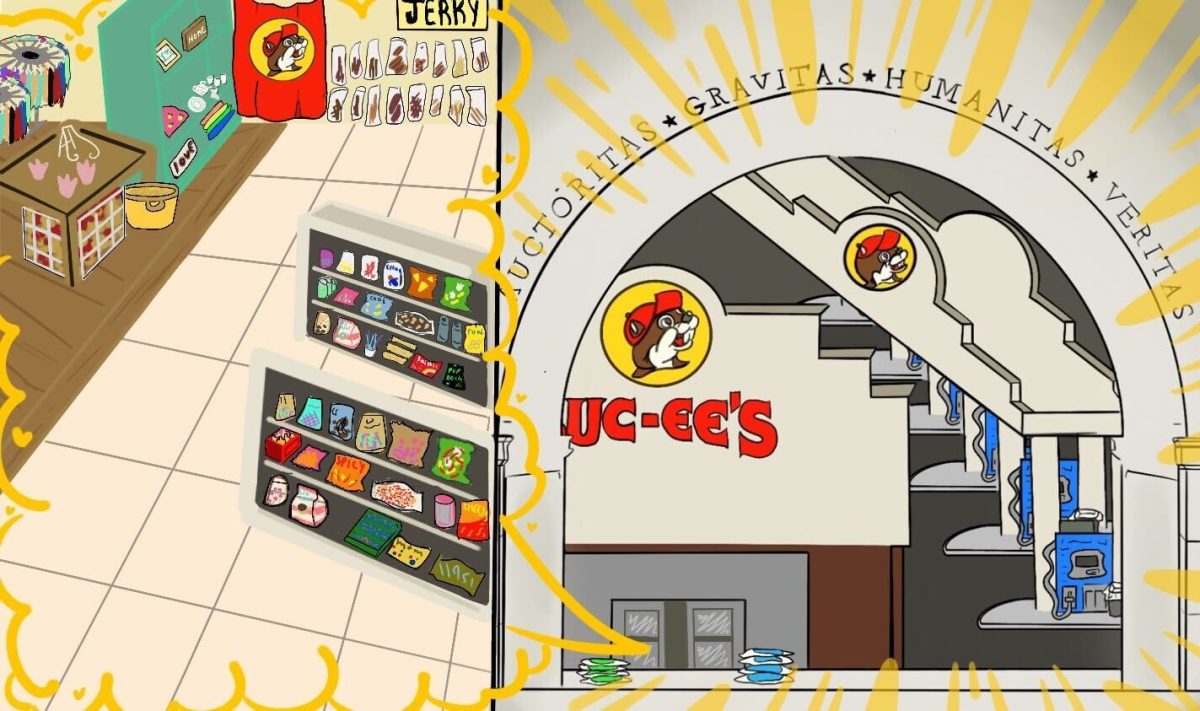When it comes to putting people in seats at the movies, no company is more successful than Disney. The media conglomerate’s blockbuster arsenal includes Marvel Studios, Lucasfilm, Pixar and live action remakes of its own classic intellectual properties. In addition to its film assets, Disney also owns ABC and its affiliates, ESPN, amusement theme parks and a long list of other properties in all forms of media. Considering how many hands Disney has in every cookie jar, it’s almost an understatement to say “Disney owns your childhood.”
In December, Disney’s control grew even wider, with the acquisition of assets from 20th Century Fox at the cost of $52.4 billion. The deal included specific Marvel properties owned by Fox from well before Disney’s acquisition of Marvel Studios in 2012 from Paramount. Fans of the Marvel cinematic universe may delight in the reunion of Marvel properties under one distributor, allowing endless crossovers between superheroes previously segregated by distributors. After seventeen films, ten television shows, and occasional one-shots, wouldn’t it be incredible for the Avengers and X-Men to finally share the screen together?
The short answer is no. It’s not worth it.
To understand the danger of Disney’s reach, one must first understand the ownership of American media and entertainment first. In 1983, 50 companies owned approximately 90 percent of all media in the United States. By 2011, only six companies constituted the same share of the market. Chances are every time you watch a movie or TV show, read a newspaper or magazine, watch any sort of cable news, or listen to music, the product you are enjoying is owned by one of these six companies. In 2015, prior to Disney’s acquisition of Fox’s assets, Disney was the second largest media corporation, after Comcast. Current estimates about Disney’s net worth are not reliable enough to reevaluate its rank in relation to Comcast, but the important aspect of the merger is one company continues to grow larger and swallow a larger piece of the pie, while the other shrinks in size and influence.
The unfortunate effects of the deal are not meant to inspire pity for Fox executives, but rather consumers. While our favorite superheroes join forces to fight the evil powers that be, our news media outlets will do the same but to enable said villains. With fewer companies controlling nearly all forms of mass media, the message dispersed to the masses is restricted to serve the agenda of the few. It’s near impossible for a visible media platform to reach a wide audience successfully in this environment. Platforms that do are usually bought up by larger companies and join the vast holdings of one of the big six.
This leads to a lack of diversity of opinion, such as the coverage of the FCC’s controversial repeal of net neutrality provisions. Discussion on the topic was largely unseen on cable news networks and late night talk shows. The media owners setting the agenda for their programming benefitted from the largely unpopular decision and contributed immense monetary support to see the repeal’s success. It was in their best interest to use their stranglehold on media to prevent organized, widespread dissemination of information in opposition of the measure.
For folks who still think an Avengers/X-Men crossover is worth the consequences, the 2012 comic series Avengers vs. X-Men is available for purchase online and in stores. Sure, it’s not a motion picture and doesn’t feature the handsomely unproblematic presences of Chris Evans and Mark Ruffalo, but the price American viewers have to pay is simply a step too far and endangers the integrity of entertainment, news and quality information.
– Zach Ienatsch is a journalism senior















